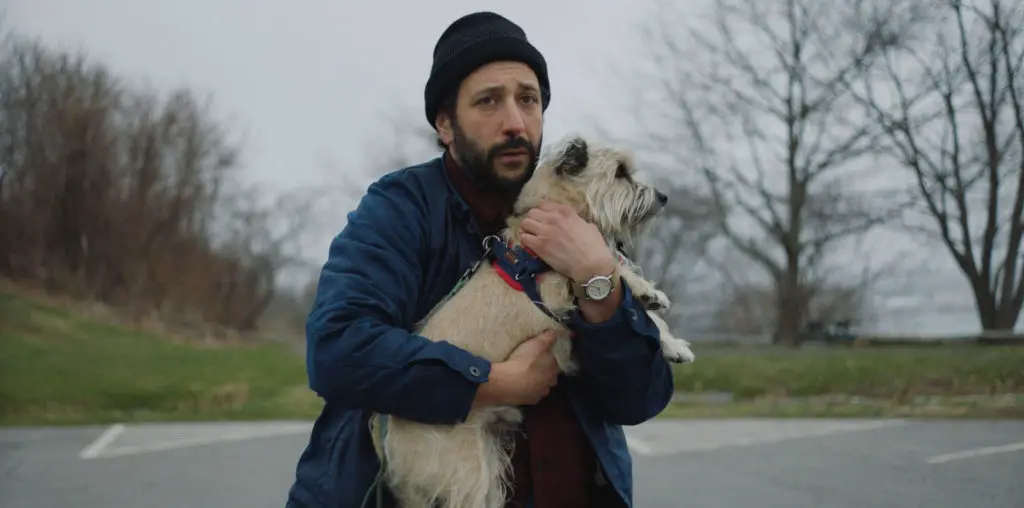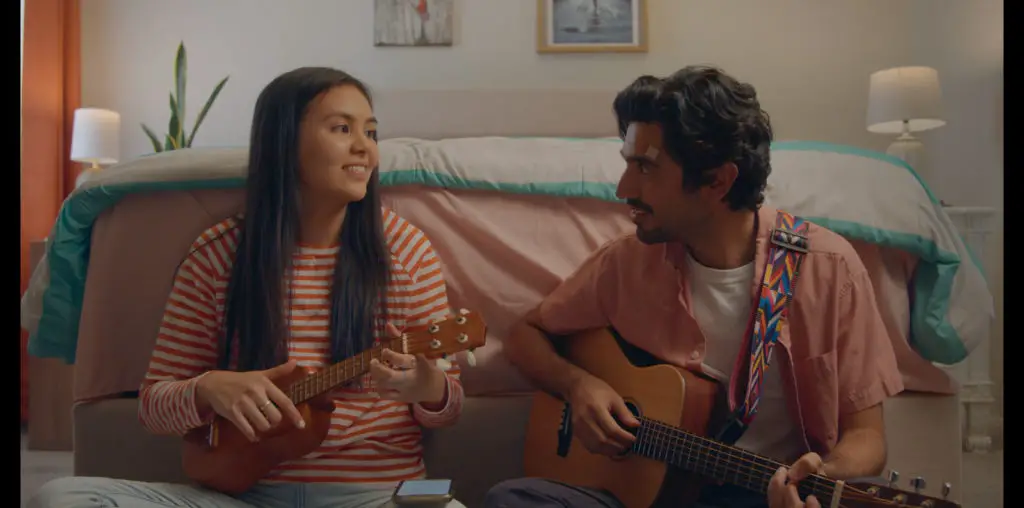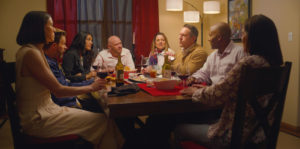
In writer and director Tom Carroll’s sophomore effort, The Stress Is Killing Me, a group of middle-aged friends from college show up to a twenty-year reunion to discover that they are no longer the people that they once were. What they once set out to accomplish in life, yet life now finds them middle-aged, wondering what could have been and what could possibly be.
We are introduced to the ensemble characters and their intentions at the beginning of the film: a lawyer who wants to be a yoga teacher, an accountant who wants to be a film director, a doctor who wants to be a painter, a restaurateur who wants to cook, a retail manager who wishes to teach, an advertisement agent who never got to be a detective, a different retail manager who wants to be a sex therapist, and computer analyst who always wanted to be a priest. After one of them secures the luxurious southwestern mansion for an entire week, the close-knit group of college friends decide to live out their dreams of more fulfilling career paths.
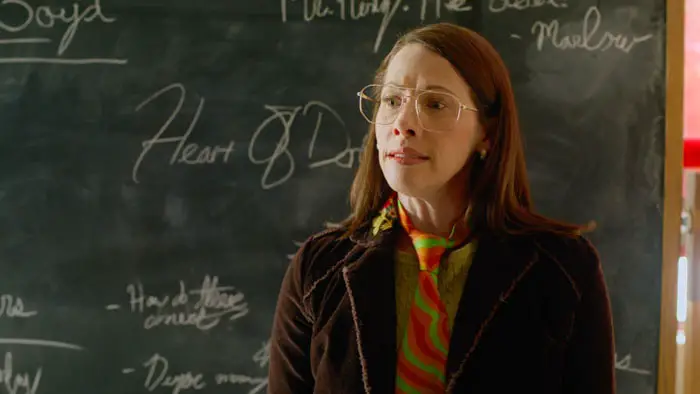
“…a group of middle-aged friends from college show up to a twenty year reunion …”
At its greatest moments, The Stress Is Killing Me is an homage to love letters from the “Golden Age” of our own memories. What if we could change our paths to become something more? This film respects that sentiment in every frame and reminds the viewer that we always have a chance to change our paths, even if the thought itself is a detriment to our being.
What was interesting was the light-hearted soundtrack that would serve as a reminder of the casual atmosphere of “old friends from college” resurfacing for one last attempt at conceding regrets, yet remembering why those friendships were made in the first place, which the cast is able to display effortlessly. The picturesque background of New Mexico serves very well to imagine how desolate the characters are.
What The Stress Is Killing Me reminds the audience of is nothing less than what regret represents and how capabilities of change could merely be a past filled with mistakes. In the end, as a comedy, it also serves as a mirror of regret, perspective, and the paths beyond what our own expectations could conjure.
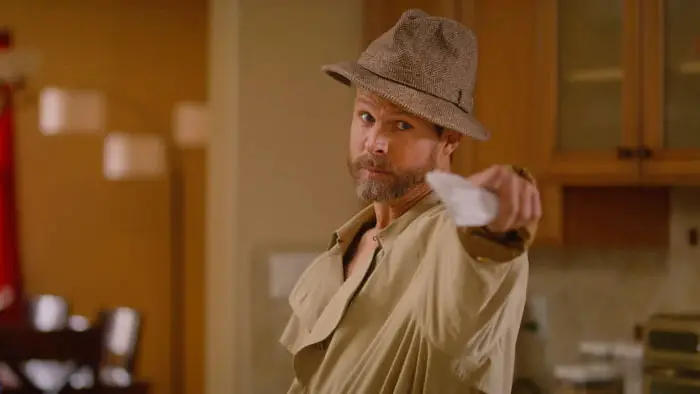
"…an homage to love letters of a golden age in our own memories."
